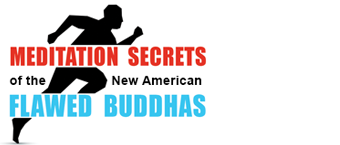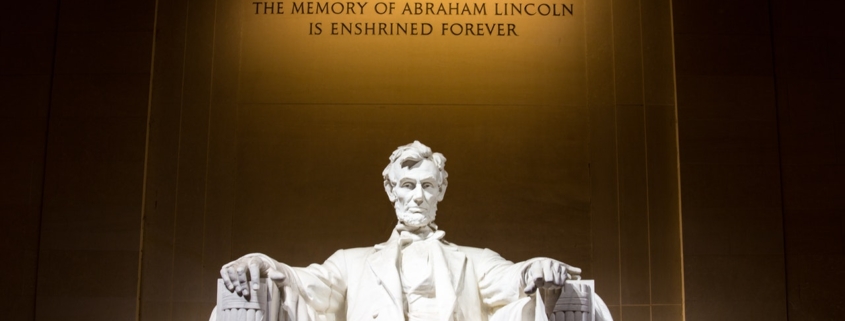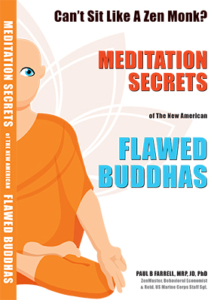Last Updated on October 14, 2020 by Paul Farrell, MRP, JD, PhD

Relationships Zone #10 – Leadership, Inspiration, Sacrifice is Meditation in Action!
We can easily accept that the Dalai Lama is a leader, even when he’s sitting in silent meditation. But what about business and financial leaders? We see them as action-oriented, focused on money, obsessed about the bottom line. Somehow the Zen principle that by “sitting quietly, doing nothing, spring will come, and earnings will grow” doesn’t quite fit the image of a leader on Wall Street or in Corporate America.
Leadership is Meditation in Action
On the other hand, we know that many business and financial executives do meditate while, for example, jogging or surfing, practicing Aikido, or playing a musical instrument. And many like Carnegie and Templeton try to live with this mindset every day and everywhere, in the boardroom, customers’ offices, clients, suppliers and employees, and in meetings with investors – they know that somehow they’re guided by unknown and mysterious sources.
The Mensch of Malden Mills
Aaron Feuerstein is example of this type of leadership character, a man whose actions speak louder rather than some fancy corporate mission statement.

Malden Mills CEO, Aaron Feuerstein
Feuerstein is the owner and CEO of New England’s largest textile mill, the manufacturer of Polartec. Feuerstein is a gentle man in his seventies who loved working. When the day was over, he preferred a quiet evening at home reading poetry and sharing inspirational literature with his wife.
Feuerstein became a national hero. The “Mensch of Malden Mills,” as he was known, was thrust in the national spotlight when fires destroyed his textile factories in the late nineties.

One of the worst fires in the history of New England leveled most of Malden Mills on Dec. 11, 1995
Instead of taking the insurance money and retiring, he not only rebuilt, he continued paying all 3,000 employees for the three months it took to get back into operation, because it was “the right thing to do.” Feuerstein would probably not describe his way of life as a meditation any more than he wanted to be called a hero.
And yet, in the larger context – where anything can be a meditation … where results count more than rituals … where you can even be meditating without knowing it … where the trick is focusing on whatever you’re doing at the moment – the selfless actions of Feuerstein are a far more powerful meditation than any monk passively sitting in meditation for decades.
About the Author
Dr. Farrell is a Behavioral Economist. His books include The Millionaire Code; The Millionaire Meditation: Stress Management for Wall Street, Corporate America & Entrepreneurs; The Zen Millionaire; The Winning Portfolio; Expert Investing on The Net; Mutual Funds on The Net; and The Lazy Person’s Guide to Investing.
He also published 1,643 columns on DowJones-MarketWatch and for years was their #1 traffic-generating columnist. Before the Internet, he edited & published FNX: Future News Index, a financial newsletter for stock market traders. Earlier he was a Wall Street investment banker with Morgan Stanley, Executive Vice President of the Financial News Network; and Associate Editor of the Los Angeles Herald Examiner.
He has a Doctorate in Psychology, Juris Doctor, Masters in Regional Planning and Bachelor of Architecture. He worked on the Esalen organic farm and served in the U.S. Marine Corps as Staff Sergeant in aviation computer technology.








